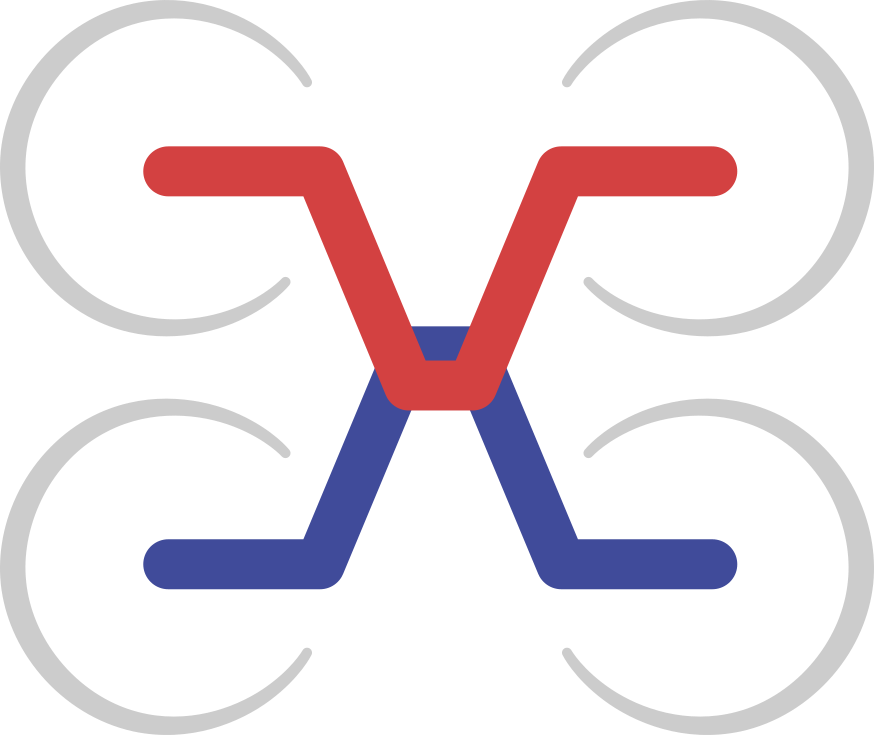Libuavcan platforms
In the context of Libuavcan, a platform is a particular hardware platform or an operating system that can execute libuavcan-based DroneCAN nodes. For example, the STM32 microcontroller family and the GNU/Linux OS are some of the officially supported libuavcan platforms.
A platform driver is a set of platform-specific C++ classes that implement the thin layer of glue logic needed to make libuavcan function with the particular platform at hand.
Adding support for a new platform
Implementing a platform driver for libuavcan is generally a quite straightforward task, especially if the driver is targeted for a certain application and need not to be generic.
Essentially, a libuavcan driver is a set of C++ classes implementing the following C++ interfaces:
uavcan::ICanDriveruavcan::ICanIfaceuavcan::ISystemClock
The interfaces listed above are defined in
libuavcan/include/uavcan/driver/.
Note that the library core already includes a non-blocking prioritized TX queue, so normally a driver should not implement a software TX queue itself.
If the driver does not need to support redundant CAN bus interfaces, then the first two C++ interfaces can be implemented in the same C++ class.
Some features can be left unimplemented:
- IO flags - needed for dynamic node ID allocation and time synchronization master.
- TX timestamping - needed for clock synchronization master.
- Hardware CAN filters configuration - not necessary if there is enough computational power to delegate filtering to the library software.
There are two extreme examples of the driver complexity level that can give a basic idea of the development effort required:
- LPC11C24 driver - only necessary functionality, no redundant interface support, no TX timestamping - 600 LoC.
- Linux driver - complete full-featured driver with hardware timestamping and redundant interfaces - 1200 LoC.
Contributions adding support for new platforms are always welcome.
Officially supported platforms
Official platform drivers are located in dedicated repositories here: github.com/DroneCAN. Contributions adding support for new platforms are always welcome.
Please refer to the platform driver source repositories for relevant documentation:
POSIX helpers
This is not a complete driver, but rather a set of C++ classes that implement certain libuavcan interfaces in a cross-platform way, so that they can be used on any POSIX-compliant operating system, e.g. Linux or NuttX. The libuavcan tutorials available in an adjacent section cover how to use these classes among other things.
The driver is implemented as a header-only C++ library. The sources can be found in the main libuavcan source repository.
At least the following classes are implemented in the POSIX driver:
- Firmware version checker - implements a simple firmware version checking strategy for firmware update servers.
- File server backend - implements file system I/O for UAVCAN file management services.
- File system backends for dynamic node ID allocation servers.
